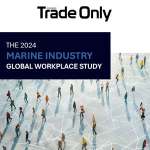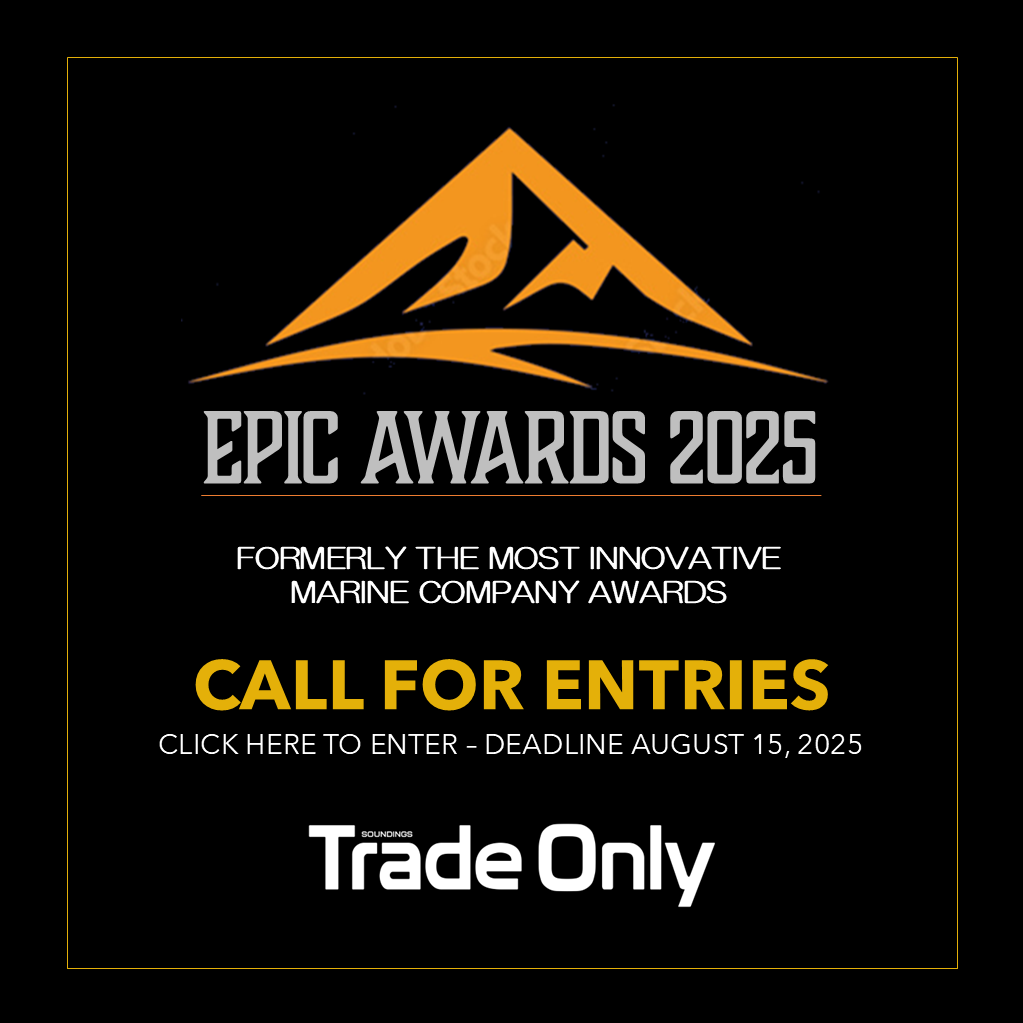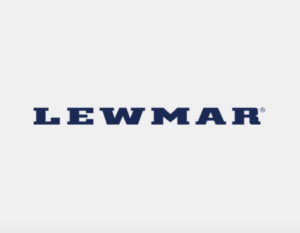President Trump’s pro-business stance is encouraging to manufacturers who believe it will lower taxes and ease regulatory burdens, but his desire to dissolve some trade agreements and his talk of a 45 percent tariff on goods from China and a 35 percent tariff on Mexican imports make the manufacturing sector worried.
That’s according to Chicago-based advisory firm Grant Thornton, which has issued analysis from its policy team about how Trump’s most recent proclamations and executive orders that dramatically alter U.S. policies might impact four key areas — infrastructure, manufacturing, trade and transportation.
On the infrastructure side, improvements should benefit manufacturers, the firm said.
Trump made improving the nation’s crumbling infrastructure a cornerstone of his campaign. Democrats recently “dared Trump” to make good on his promise by unveiling a $1 trillion infrastructure spending bill in the Senate, Grant Thornton said.
Manufacturers support proposed infrastructure improvements because they could speed the delivery of goods, reduce freight costs or lower the transportation cost of energy while at the same time bringing new revenue opportunities, said Jeff French, national managing partner of consumer and industrial products.
Randolph Smith, national transportation industry practice leader partner, is cautious about Trump’s plan to fund the infrastructure improvements through public-private partnerships because he said they have historically been unsuccessful.
Trump’s commitment to weaken parts of the Affordable Care Act and his order to the Environmental Protection Agency to freeze all grants to fund environmental education and research have encouraged manufacturers.
“The pure number of regulations manufacturers must comply with makes it difficult,” French said. “They’re looking for relief. The Obama administration implemented significantly more labor rules and regulations than the previous administrations. They want the regulations to be consistent, but not overly burdensome.”
High regulatory compliance costs limit the dollars that executives can reinvest in their businesses.
In the belief that foreign countries have taken advantage of open U.S. borders, Trump is talking tough on trade, calling for the end of trade agreements, raising tariffs and taxing foreign imports. He already has pulled the United States out of the Trans-Pacific Partnership, is threatening to exit the World Trade Organization and wants to renegotiate the North American Free Trade Agreement.
Manufacturers generally prefer multiple trade options, French said.
“Manufacturers love to see trade agreements. They want access to markets,” French said.
The president also is contemplating a 45 percent tariff on goods coming from China and a 35 percent tariff on Mexican imports, which also worries manufacturers. Trump also said he would slap a 35 percent tax on companies that ship jobs overseas.
“If you’re an American manufacturer and an importer of products or raw materials, a 35 percent tax on imports would not be favorable,” French said.












